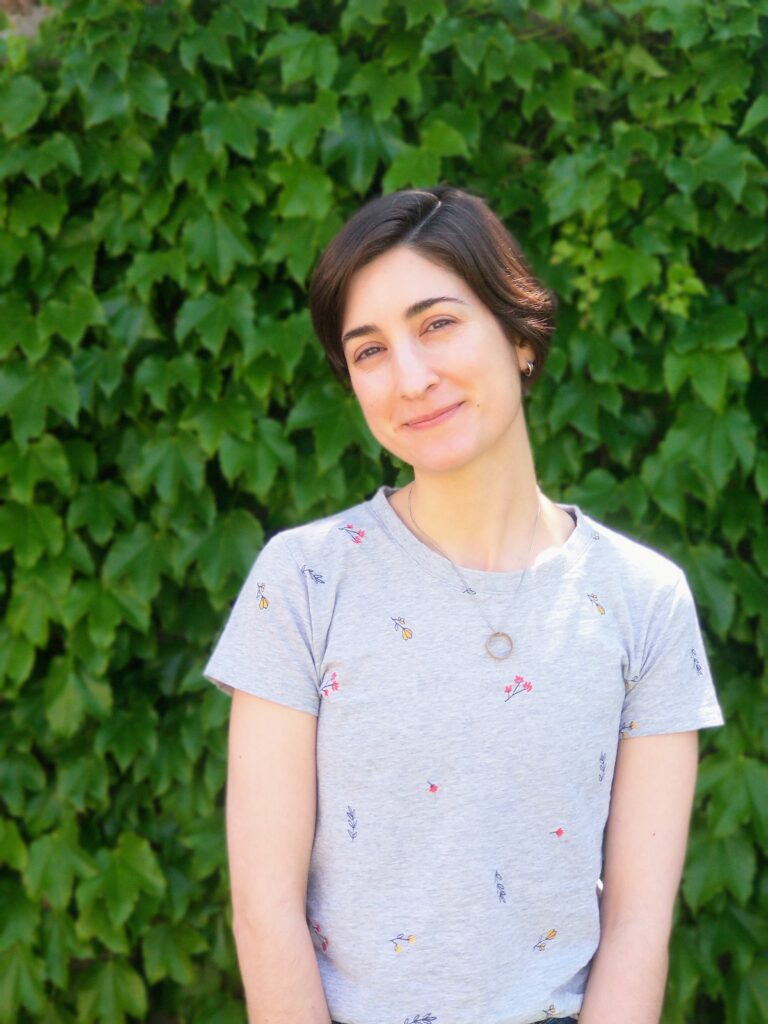Hello again! We can’t seem to stop adding members to the team! This time we present you Victoria Di Césare, coming all the way from Argentina to work in the team as part of her PhD. Let’s ask her some questions!
1 – What is your background?
I was born in Saladillo, a countryside town in Argentina, but moved by the sea to Mar del Plata in order to start my academic career. I studied and worked for 10 years at the National University of Mar del Plata, where I completed my bachelor’s degree in Information Science. Before moving to Granada, Spain, I was also able to do a master’s degree in Science, Technology and Society at the National University of Quilmes. It was through the coming together of both studies that I now have the opportunity to further develop my knowledge and skills in a PhD in Social Sciences, thanks to a FPI grant awarded by the spanish Ministry of Science and Innovation.

2 – What are your scientific interests?
From my bachelor’s and master’s degrees onwards I’ve been interested in addressing both the empirical and the theoretical aspects of the scientific activity from a scientometric and from a sociological perspective. To that end I have delved into bibliometric measurements, programming, scientific policy analysis and research evaluation. I’m especially interested in the prioritization of science towards those ends that are the most urgent for humanity, such as the current climate crisis; in the constant tension between the development of local and global science; and also in the way scientists from the Global North and the Global South collaborate with each other, distributing different kinds of tasks to address issues that are of common concern.
3 – What will your tasks be at the COMPARE project?
At the COMPARE project I will carry out my own doctoral project titled “Profiling the scientific workforce in the Global South: balancing between local development and international networks”, as well as I’ll participate in different lines of research with other members of the group. At the moment, I am already committed to taking part in a comparative case study between South Africa, the United States, Argentina and Spain that aims at answering the main question “what role do researchers from centers of excellence play in international collaboration networks?”. Also, I will actively be involved in the management of the COMPARE project as supporting staff, organizing activities such as the academic reading club for PhD candidates and senior researchers.
